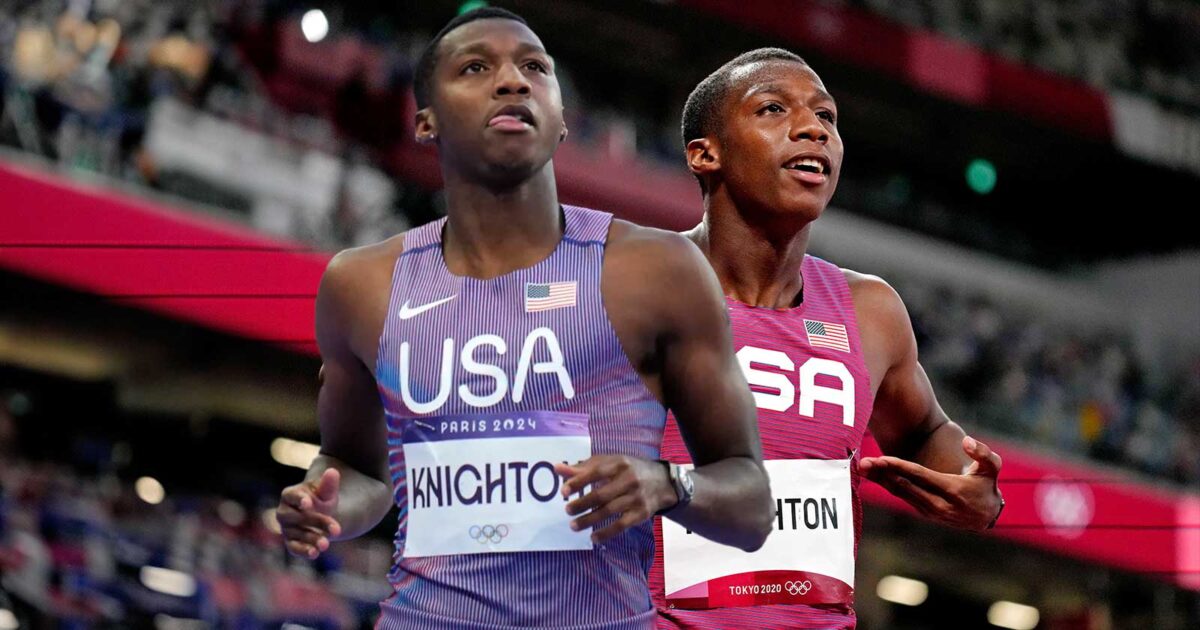
The Athletics Integrity Unit (AIU) announced it has appealed to the Court of Arbitration for Sport (CAS) in the case of American sprinter Erriyon Knighton. Erriyon Knighton, 20, was cleared of a doping charge earlier this year, allowing him to compete in the Paris Olympics.
In March, Erriyon Knighton was found to have tested positive for a banned substance. However, the U.S. Anti-Doping Agency (USADA) reported that an independent arbitrator found the positive test was likely due to contaminated meat, and Knighton was not at fault. As a result, he was permitted to compete in the U.S. Olympic trials in June and finished fourth in the men’s 200m final in Paris.
The AIU, which was established in 2017 by World Athletics to oversee integrity issues in athletics, has challenged the initial decision. They argue that Erriyon Knighton did not adequately prove he was without fault or negligence.
The AIU clarified in a statement on X that the appeal challenges the decision of a U.S. arbitration tribunal, which found the athlete free of fault or negligence after being charged by USADA with the presence of epitrenbolone and the use of trenbolone.
USADA Chief Executive Travis Tygart responded, acknowledging the AIU’s reasons for appealing. He criticized the World Anti-Doping Agency (WADA) for its handling of the case. Tygart highlighted that trenbolone, the substance found in Knighton’s test, is commonly used in livestock and can contaminate the meat supply.
“The real issue here is WADA’s poor rule-making,” Tygart said. “We have been advocating for changes to contamination rules for years, but WADA has been slow to act.”
This controversy is reminiscent of a similar situation involving 23 Chinese swimmers who tested positive before the Tokyo Olympics in 2021 but were allowed to compete. The ongoing disputes between U.S. and global anti-doping authorities continue to spark debate and concern.



